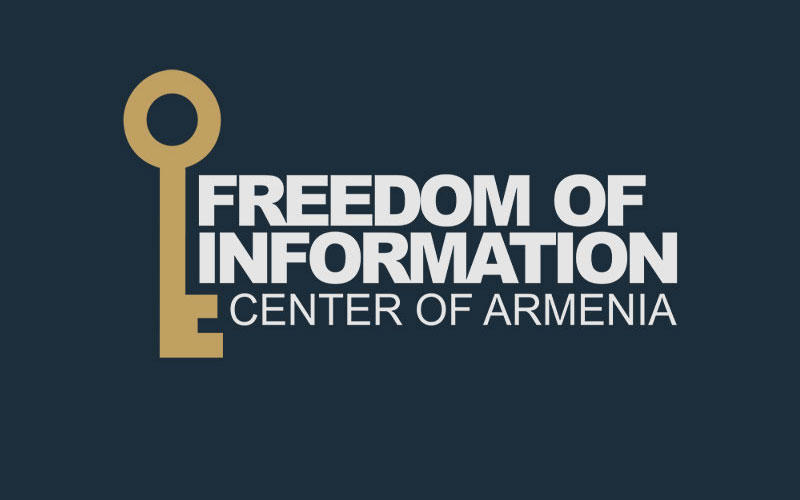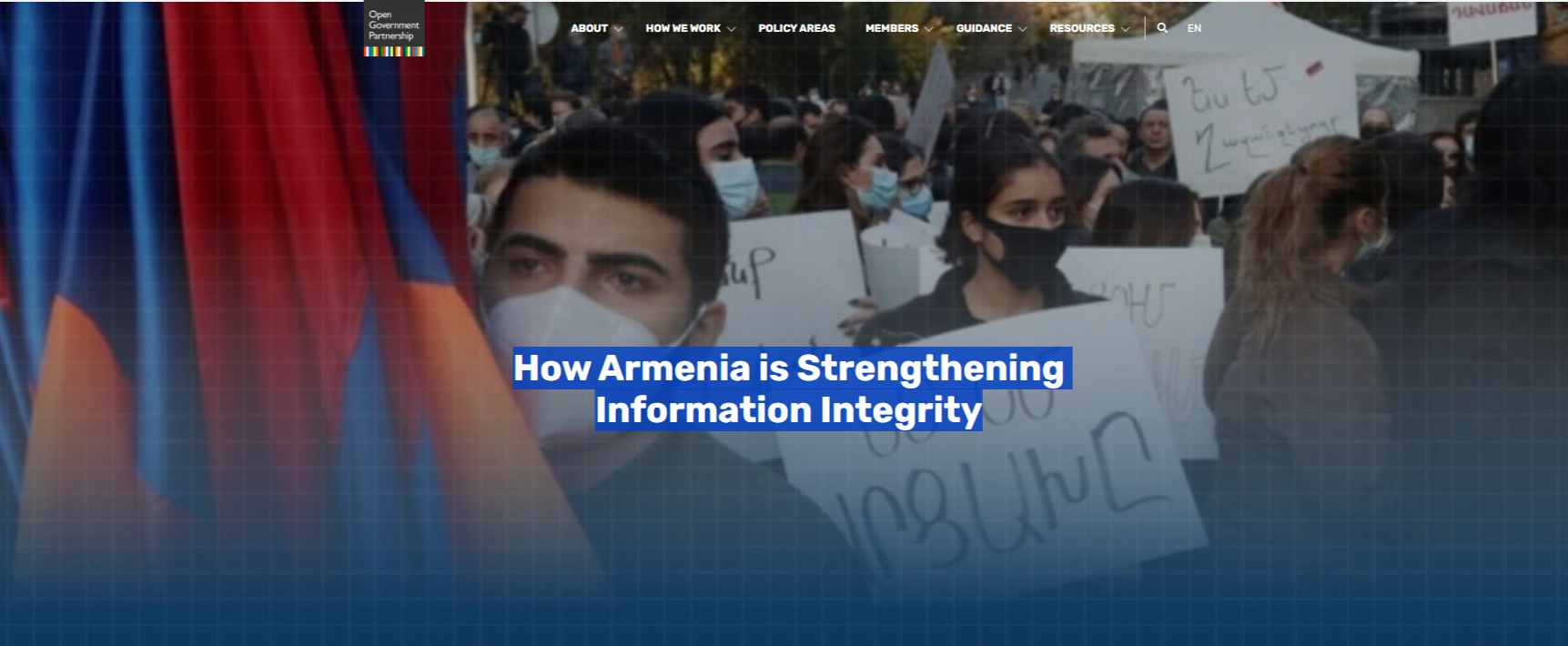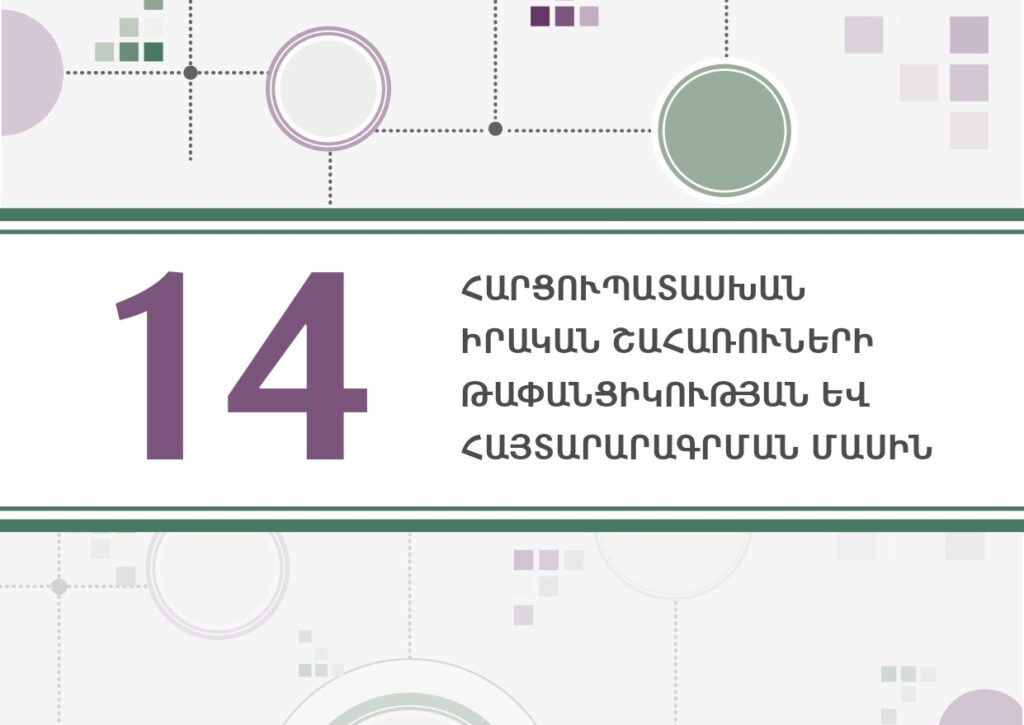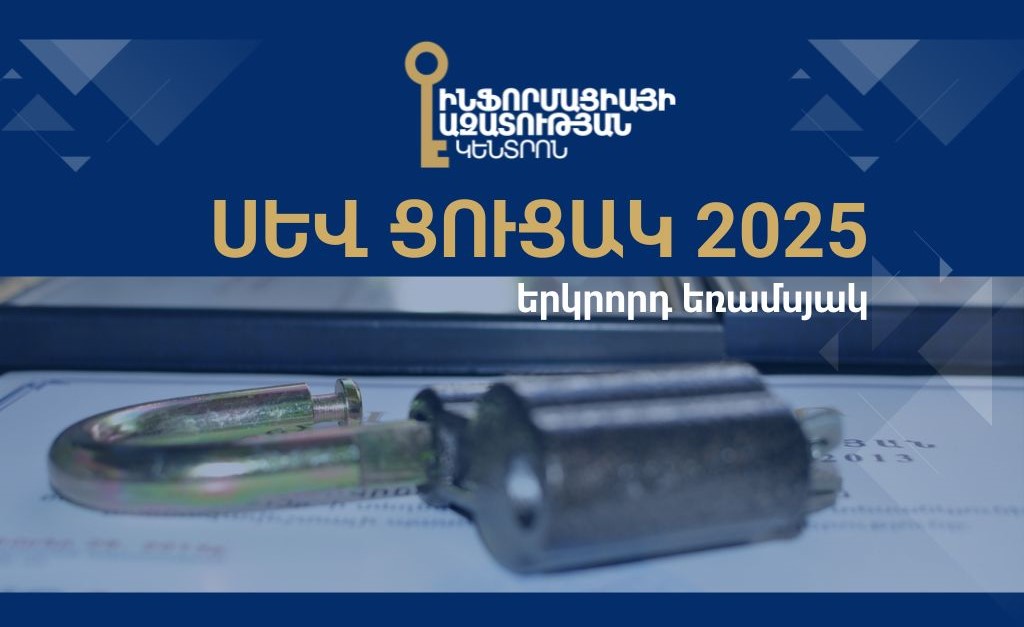By Siranouish Gevorgyan
ArmeniaNow reporter
The Freedom of Information Law of Armenia adopted in 2003 is good, but its application is not good enough.
This opinion dominated the “Freedom of Information” workshop in Tsaghkadzor on January 17-18 attended by more than 35 media and NGO representatives. The event was organized by the Armenian FOI Center.
“Armenia’s law on freedom of information is very good in the sense that it states expressly what sort of information is considered secret, what the order of providing or rejecting to provide information is, who are considered those managing information, etc. The same law in
However, Freedom of Information Center Director Shushan Doydoyan says that even after the adoption of the law the protection of journalists’ right to get information has not practically improved “mainly because a majority of journalists are either unaware of the freedom of information law or simply do not apply it to protect and realize their right to getting information.”
A majority of journalists attending the workshop think that the right to freedom of information is not applied not because of unawareness of the law, but because provision of information mostly depends on arbitrariness and wishes of state officials.
Radio Van news service chief Arman Suleymanyan thinks that this law is not applicable in everyday journalism. The law envisages that those possessing information must reply to a citizen’s written request for information within five days. And Armenian and international experts advise making written requests for information, so that in case if a citizen’s right is infringed a citizen can have proof.
“Voice is needed in radio and if something urgent and interesting is happening, for example on January 11, and I am told at a corresponding department that the man in charge of that issue is absent and will be back only on January 25, I am losing a very interesting report,” Suleymanyan says.
Regional journalists are particularly discontent with the application of the freedom of information law. According to them, the circle in provinces is narrower, all know each other and it is very difficult to apply the law in such conditions.
However, Vanadzor-based journalist Naira Bulghadaryan thinks that in case of being consistent it is possible to get required information.
“I always get replies to my written requests, as the one who manages the information knows that in case of rejection I can even sue him,” Bulghadaryan says.
Generally, both journalists and experts of the sphere think that apart from adopting the law one should also prepare the public and state officials for the principle of freedom of information. In
“During those five years corresponding structures prepared the society, state officials and all parties concerned through different means acquainting them with the principles and provisions of the law,” Zhuleva says.
In the expert’s opinion, the perception and application of this law is a longer and more difficult process for countries in transition. Besides, according to her, it is important to consolidate the understanding that freedom of information concerns every citizen and is not a monopoly of journalists only.











